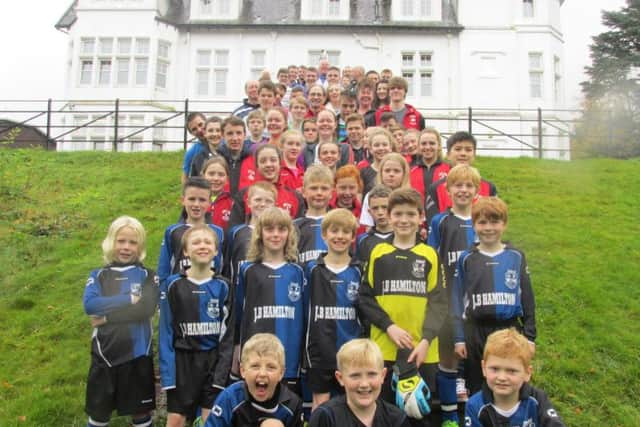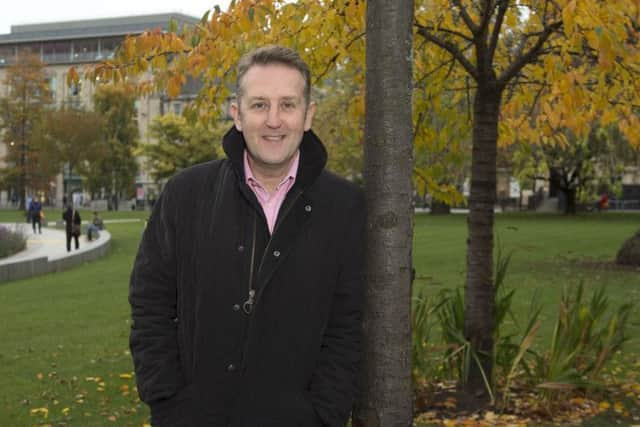Landmark Scottish sport summit to tackle decrease in child sport participation
The Observatory for Sport in Scotland (OSS) is set to host a landmark National Sport Summit next month bringing together Scottish Government, sportscotland, local authorities and a range of community organisations to discuss the physical and mental health and wellbeing of the population.
The event will be hosted by Heart of Midlothian FC owner Ann Budge at Tynecastle Stadium on 25 and 26 November with Health Secretary Jeane Freeman, Tory MSP Ruth Davidson and Chief Medical Officer Dr Catherine Calderwood among the key speakers.
Advertisement
Hide AdAdvertisement
Hide AdThis comes against a backdrop of research published by OSS earlier this year showing the proportion of 11 to 12-year-olds taking part in sport at least once a week outside school had decreased from 77 per cent to 70 per cent between 2014 and 2017.


The drop-off and gender gap in sport participation in Scotland starts at 13 years old with more girls from this age group not taking part (55 per cent) than are (45 per cent).
The decline in teenagers meeting physical activity guidelines is continuing – as few as 11 per cent of 13 to 15-year-old girls and 24 per cent of boys are now achieving the health guidelines.
OSS executive director David Ferguson said: “Scotland’s levels of physical inactivity and rising obesity have been among the worst in the developed world for some time now, and future trends are not good.


"There is some really good work being done in various parts of the country, with the government and sportscotland working hard to change the trends.
“But research suggests that children are still dropping out of physical activity and sport in significant numbers in many parts of Scotland, particularly in deprived areas, while the numbers of people walking and taking part in fitness activity appears to be rising.
“We are hopeful that a National Survey on sport in its widest sense involving government, sportscotland, sport bodies and a wide range of community stakeholders – which we hope to launch next year – would fill significant knowledge gaps that help all of those stakeholders to take sport to another level in its ability to play a sustainable role in improving Scotland’s health.”
European Perspective
Also flying in for the summit are members of the Dutch and Danish governments and researchers, to contribute a European perspective on community sport.
Advertisement
Hide AdAdvertisement
Hide AdRemco Hoekman, co-director of the Mulier Institute, and founding director of the Danish sport institute, Henrik H Brandt, are also OSS board members.
Hoekman said: “National sport surveys were among the first projects that Mulier embarked upon 15 years ago to inform government thinking, and they have been central to developing effective policy within the Dutch government and across a wide range of stakeholders since.
“The Mulier Institute informs policy, based on scientific research, on a broad range of topics, including sporting climate, inclusion, cohesion and health.”
Brandt added: “Independent national surveys are crucial to understanding behaviours across the population, and accurately following and forecasting trends, and they have been key to Denmark’s development of its democratic communities, local empowerment and volunteer growth.”